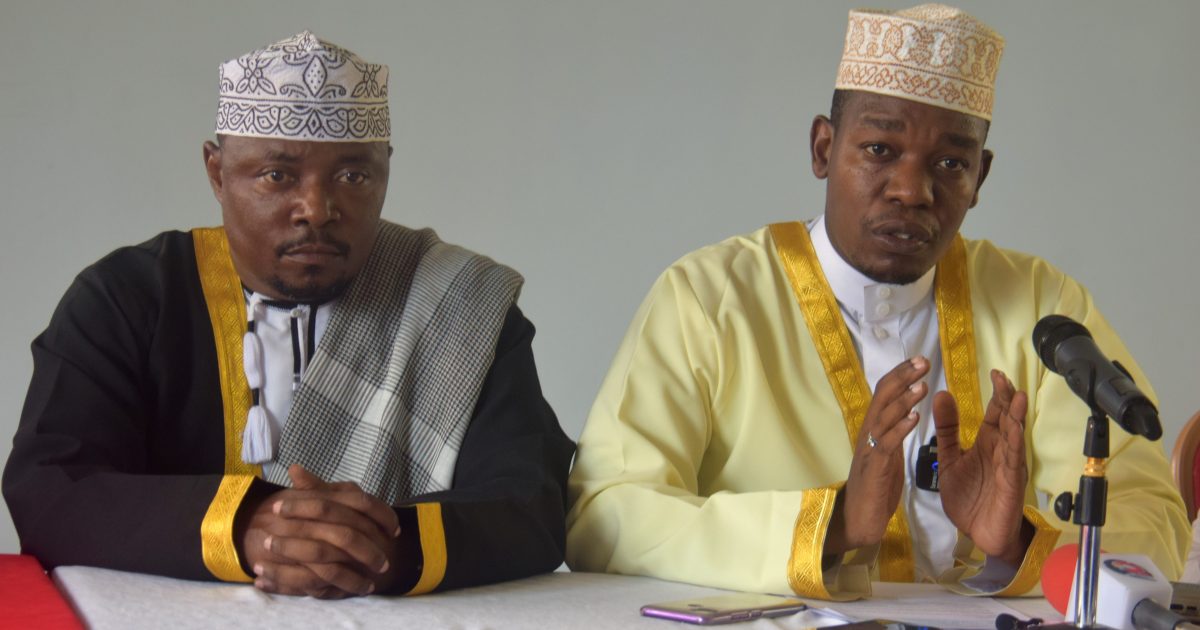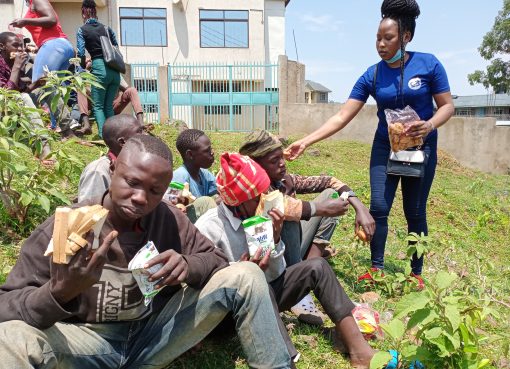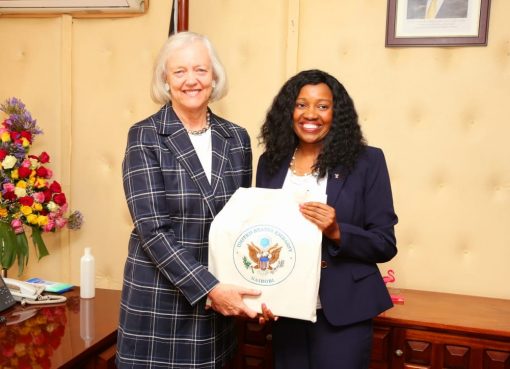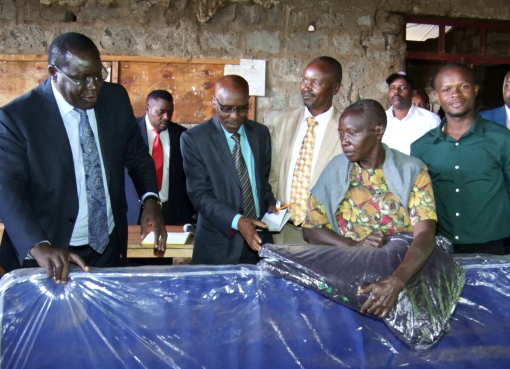Muslims across the world are preparing to usher in the holy month of Ramadhan, the holiest month in the Islamic calendar.
The start of Ramadhan, the ninth and holiest month in the Muslim calendar, is determined by the sighting of a new moon.
In the Muslim world, all eyes will be set at the heavens on Saturday and Sunday to sight the Ramadhan moon.
Muslims worldwide are set to mark Ramadhan this weekend marked with fasting and intense prayers.
It’s the season when Muslims around the globe focus on prayer, fasting, giving charity and religious devotion.
Ramadhan requires every mentally and physically fit Muslim, who is past the age of puberty, to abstain from food, drink and sex from dawn to dusk during the month.
Fasting is compulsory upon every Muslim male or female but exemptions include children under the age of puberty, insane people, men and women who are too old to undertake the obligation of fast.
Others include sick people whose health is likely to be severely affected by the observance of fast, pregnant women and women breast-feeding their children and women in the period of menstruation.
Muslims in Mombasa are also gearing up for the religious fasting season with the faithful being urged to be on the lookout for the new crescent moon.
In Kenya, Ramadhan is expected to begin in the evening of Saturday April 2 and end in the evening of Monday May 2, 2022.
Sheikh Omar Buya, a religious scholar, said Muslims should look out for the moon to signal the start of the month-long fasting period.
Sheikh Buya said generally Ramadhan is a period of intense reflection, spiritual renewal, inner joy and peace.
“We should also be on the lookout for reports of moon sightings in the East African region” said Sheikh Buya during a press conference at Panaroma Hotel in Mombasa.
The cleric said Ramadhan is a time to rejuvenate, cultivate and strengthen belief in Allah.
The Kenya National Muslim Advisory Council (KEMNAC) Chairperson, Sheikh Juma Ngao, said Ramadhan is a time for renewing faith and purifying ‘heart and soul’ for the millions who share in the Muslim faith around the world.
He said fasting is intended to guide Muslims about patience, humility, spirituality, sacrifice and more prayers.
Sheikh Ngao has welcomed the government’s move to waive tax on dates during the fasting Muslim month of Ramadhan.
Dates are traditionally the first food Muslims break their daylong fast with in the evening.
Its sweet fruits that grow in a palm-like tree and are mostly found in the Middle East countries including Saudi Arabia, Iran, Jordan, Syria and United Arab Emirates (UAE).
The fast is broken with prayer and a meal called ‘iftar’ often consisting of dates and sips of water after sunset and some mosques in Mombasa hold dinners where the faithful can break their fast together during Ramadhan.
He said following the tax exemption of this important commodity, traders should reduce the prices to make them affordable to poor Muslims.
He said the move will go a long way in assisting the Muslims since dates are popular food items mostly consumed during the blessed month of Ramadhan.
Sheikh Ngao exhorted the well-off Muslims to give charity to the less fortunate members of the society during the fasting period.
He at the same time appealed for enhanced security across the Country during the fasting month of Ramadhan.
“We expect the police to provide security during the month of fasting as people will be offering special night time prayers known as Taraweh” he said.
By Hussein Abdullahi





